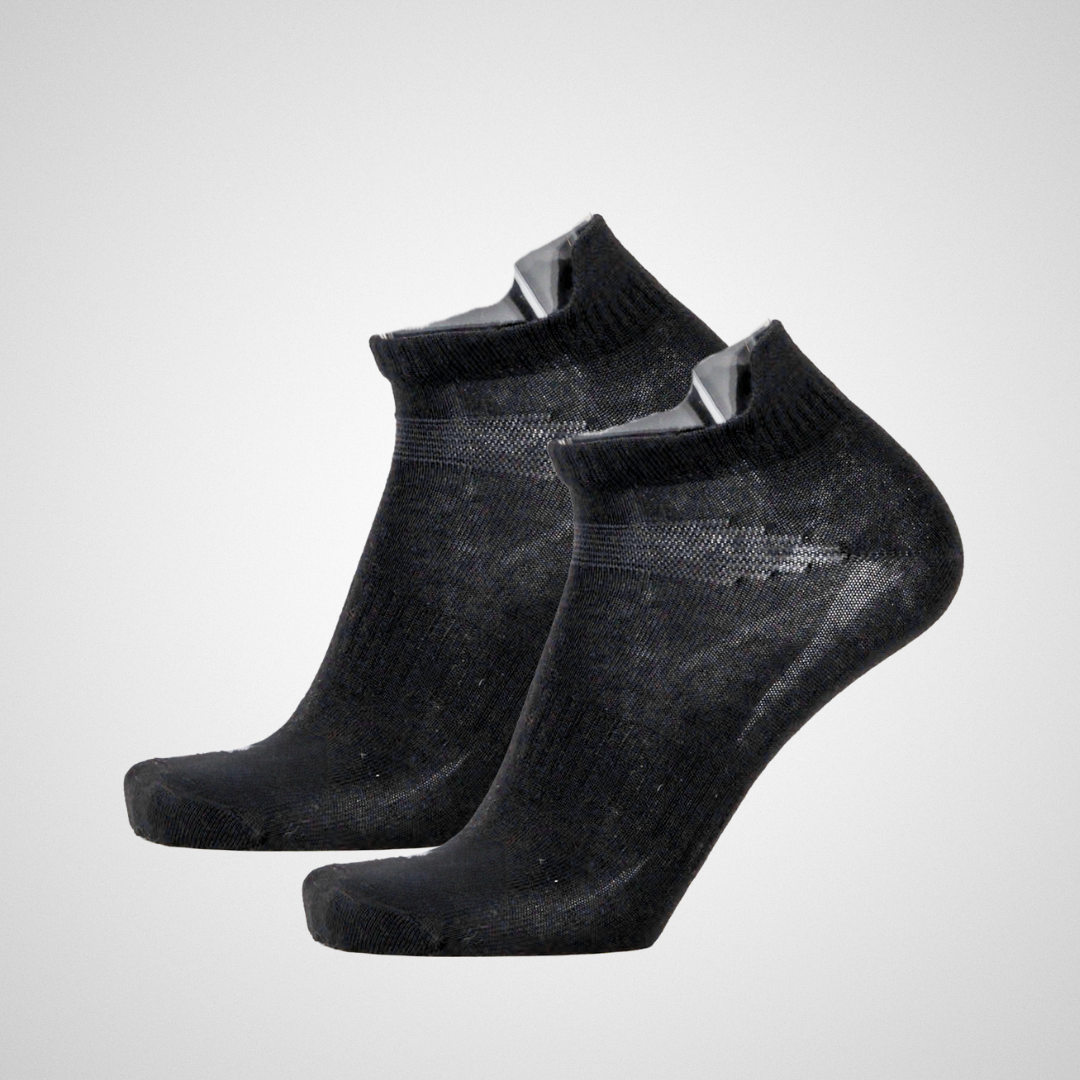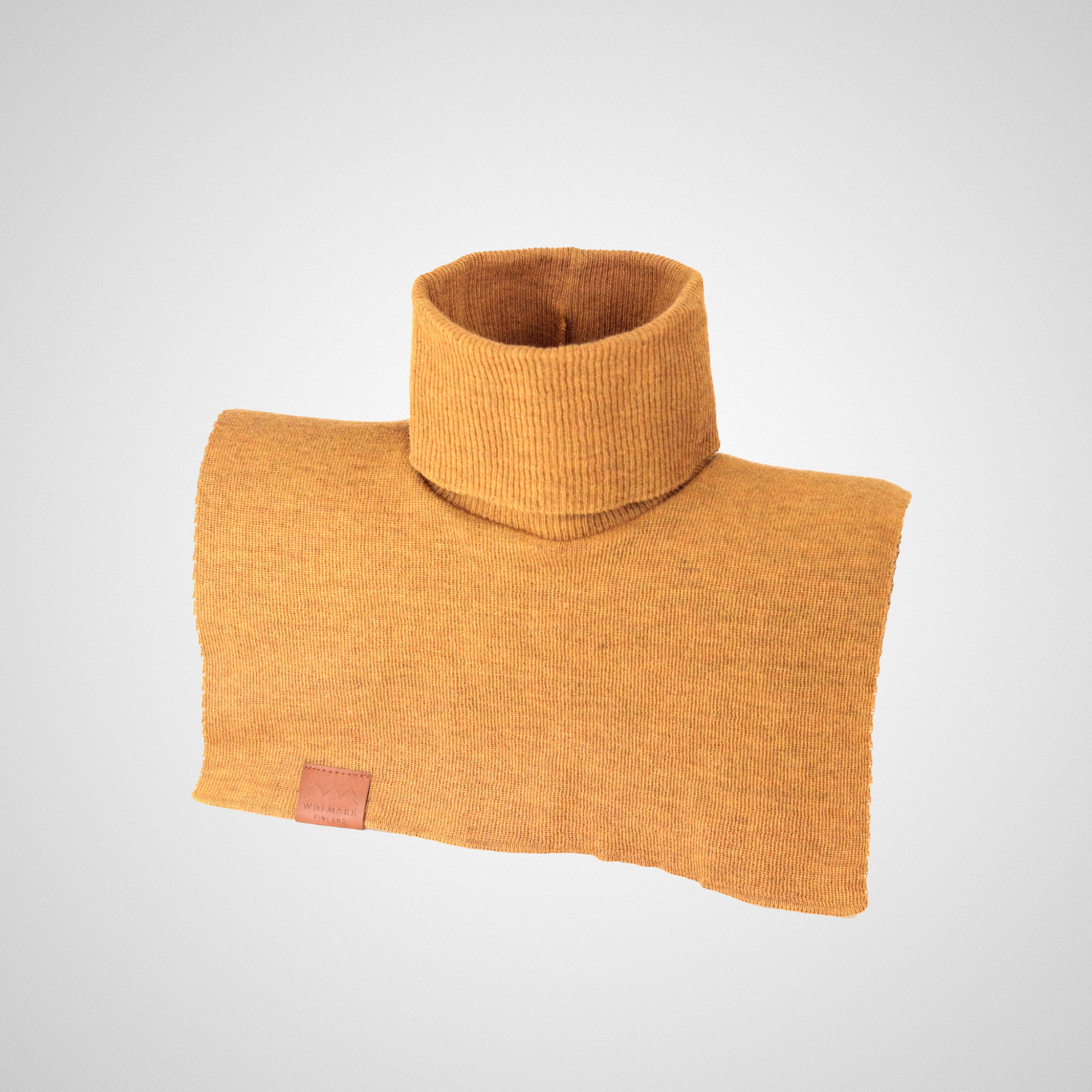Merino wool is often called nature's own super fiber, but few people know that the properties of alpaca wool cover those of merino in time.
Would you hike a total of 300 km with three pairs of socks? In the summer of 2023, the co-founder of Wølmark Finland, which manufactures alpaca wool products, Teemu Pinomäki equipped himself for a month-long trip with three pairs of alpaca wool socks - and didn't break a single one. Having hiked a total of 300 km in ten different national parks, Pinomäki offered a concrete example of the durability of alpaca wool even in demanding use.
"Since we are passionate hikers ourselves, we personally test our products in different conditions. This way we can evaluate the functionality of the clothes and whether they still need to be improved," says the company's CEO and co-founder Petteri Kiuru.
Tampere-based Wølmark Finland, which manufactures clothing especially for camping, has a selection of sweaters and beanies as well as collars and shovels. There are plenty of examples of alpaca wool's performance even in demanding conditions in Kiuru.
"One time I was jogging with my dog when we were surprised by an absolutely insane heavy rain. It was on my head alpaca wool hoodie, which got soaked through. Still, the garment didn't feel freezing cold and wet, just a little cool, and it dried at home in less than half a day," says Kiuru.
Alpaca wool vs. merino wool
So what makes alpaca wool so superior compared to merino wool? According to Kiuru, the most significant difference can be found in the hollow structure of the alpaca wool fiber.
"Both merino wool and alpaca wool fibers contain microscopic air pockets. However, there are so many of them in alpaca wool that the fibers become hollow in places - this gives the material a significantly better thermal insulation and moisture transfer ability and makes it lighter," explains Kiuru.
"Furthermore, the surface of alpaca wool fibers is much smoother compared to merino wool fibers. Wool fiber always grows as scales, so to speak, and the upturned ends of the scales cause the normal itch of wool. However, there are fewer scales in alpaca wool, and they are smoother and softer, so they feel pleasant against the skin. Due to the even scales, Alpaca wool absorbs less moisture and its antibacterial properties are also higher, because it is more difficult for bacteria to stick to the scales."
Kiuru reminds us that Alpaca wool does not cause a wool allergy either, because unlike sheep, alpacas do not secrete the lanolin fat that causes allergies. Lanolin can of course be washed off the wool, but this makes the wool feel rougher.
"It can be really difficult for the consumer to be sure of the quality of merino wool, because even low-quality wool can be given a soft skin feel using industrial methods. Often, however, this weakens wool's properties, such as general durability, breathability, and heat insulation and moisture transfer capabilities."
The alpaca that grazes semi-wild in Peru is also part of the natural ecosystem: the alpaca does not eat the roots of plants at all, so the soil regenerates faster. Alpacas also eat significantly less than other ruminants, and therefore cause a smaller carbon footprint in the form of methane emissions.
With the same socks all year round
The idea for alpaca wool camping clothes started during Pinomäki's trip to Peru in 2019. Upon returning to Finland, an old student friend Kiuru was found as a business partner, and the company was set up in the middle of the corona in 2020. Currently, the company manufactures about half of its production in Lithuania and half in Tampere.
"I didn't have any experience in the clothing industry or alpaca wool in general, but I definitely wanted to get involved. Even today, I can still be amazed at how good clothes made of alpaca wool really are," says Kiuru.
Kiuru uses it himself alpaca wool socks almost daily throughout the year - and washes the socks at most once a week, because the antibacterial material repels odors so that the odors do not have time to stick to the shoes. He only washes alpaca sweaters when there is a stain on them.
"I can say from experience that if you really want a multi-purpose garment for year-round use, then Alpakanvilla can meet these requirements best of all."






0 comments